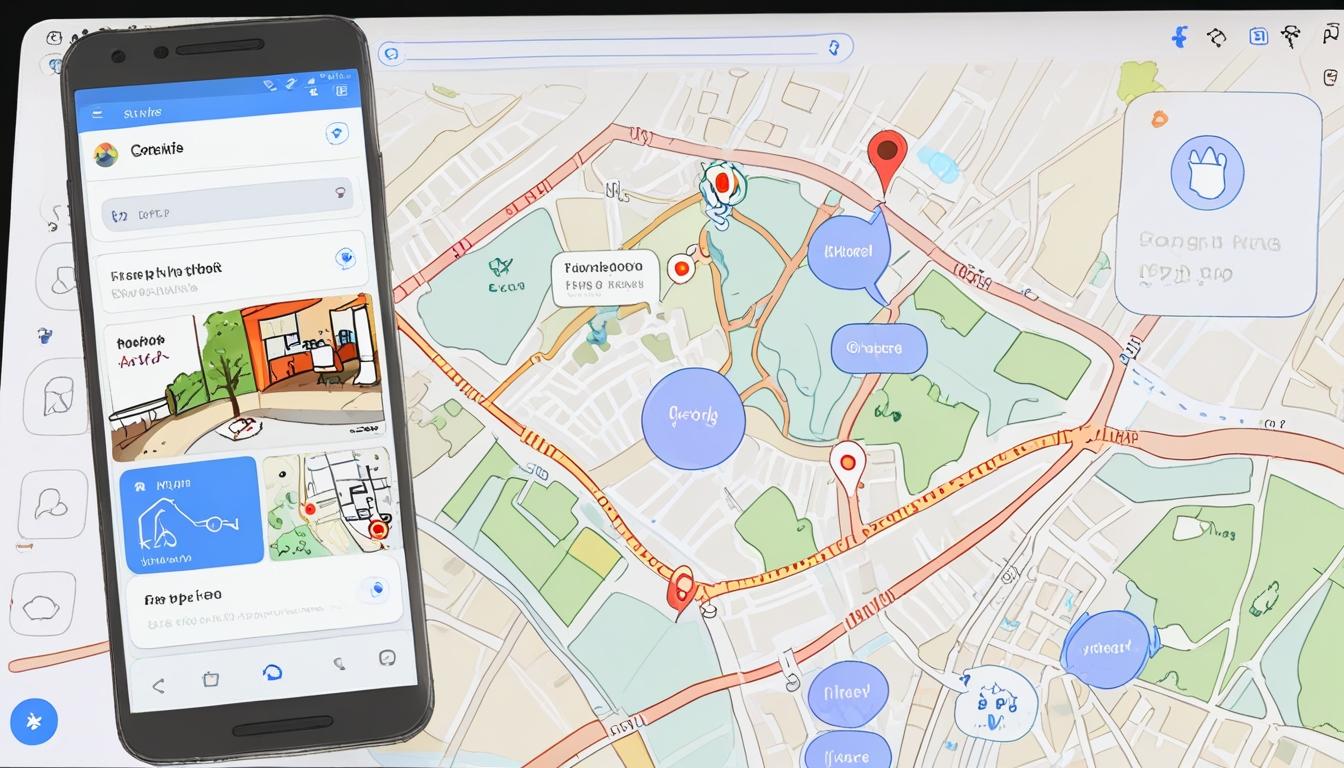Google unveils the Find Hub platform, replacing Find My Device with broader tracking capabilities for personal belongings, integration with smart trackers, ultra-wide band precision, and planned satellite connectivity to maintain tracking even in cellular dead zones.
Google has announced a significant evolution of its location-tracking capabilities with the launch of the “Find Hub” platform, which officially replaces the existing “Find My Device” tool for Android users. This move comes as part of Google’s strategic unveiling ahead of its I/O 2025 showcase, marking a pivotal shift in how users can track a multitude of personal belongings beyond just smartphones and tablets.
The new Find Hub represents a broader approach to locating items, accommodating not only smart devices but also personal belongings equipped with smart trackers, such as bags and even pets. This expansion aims to offer users a more holistic tracking experience, making it easier to keep tabs on various items registered within the platform. For instance, integration with existing technologies such as Chipolo and Tile provides users with the ability to locate their belongings seamlessly, further enhancing the utility of the service.
In addition to extending its functionality to a wider range of items, Google has revealed that its Find Hub will support ultra-wide band (UWB) technology using moto tags. This advancement is expected to improve the precision of locating items nearby, catering to an increasingly connected lifestyle. Furthermore, a notable feature in the pipeline is satellite connectivity, which aims to keep users connected even in cellular dead zones, ensuring that families can maintain communication regardless of their location.
This transition from Find My Device to Find Hub is not just a rebranding; it signifies a major enhancement in the service’s capabilities. The former Find My Device app had been a cornerstone of Android’s security features, allowing users to locate their devices, lock them, or remotely erase data when necessary. Its offline tracking functionality, which allows devices to be located even without an internet connection, has emerged as a critical feature, as demonstrated by previous updates and the application’s capacity to detect unwanted trackers.
The new People tab feature introduced in the previous iterations of the Find My Device app allows real-time location sharing among friends and family. This enhancement reflects a growing demand for comprehensive location-sharing solutions, which can be especially useful during emergencies or group outings. The synergy of these features brings robustness to the Find Hub, further positioning it as a formidable competitor in the space already popularised by Apple’s Find My app.
Moreover, Google’s Find Hub is strategically advantageous, leveraging the vast network of over one billion Android devices to facilitate the tracking process. This extensive infrastructure not only empowers users to locate their lost items more effectively but also ensures a high degree of privacy and security, as unwanted tracker alerts help to alert users of any unknown devices accompanying them.
As tracking technology continues to evolve, Google’s Find Hub represents an ambitious leap forward, consolidating various functionalities into a singular, user-friendly platform. The promise of further integrations and capabilities, such as sharing Bluetooth tag locations with airlines to improve luggage retrieval experiences, underscores the platform’s potential impact on how users navigate their day-to-day lives and manage their belongings in an increasingly digital world.
Reference Map
- Paragraphs 1, 2, 3, 4, 5, 6, 7
Source: Noah Wire Services
- https://www.techtimes.com/articles/310325/20250513/googles-find-hub-replaces-find-my-device-locate-keep-track-items-smartphones-more.htm – Please view link – unable to able to access data
- https://www.androidauthority.com/find-my-device-location-sharing-3531966/ – Google’s Find My Device app has been updated to include a new ‘People’ tab, allowing users to share their real-time location with friends and family and view their locations. This feature enhances the app’s functionality, enabling users to track loved ones’ locations and share their own, providing a more comprehensive location-sharing experience.
- https://www.theverge.com/2024/4/8/24124174/android-find-my-device-network-offline-tracker-tag-chipolo-pebblebee – Google has expanded its Find My Device network to include offline tracking capabilities, allowing users to locate their devices even when they are not connected to the internet. The network now supports Bluetooth tracker tags from companies like Chipolo and Pebblebee, enabling users to track items such as wallets and keys using the same network.
- https://www.androidauthority.com/android-device-manager-app-find-device-772779/ – Google has rebranded its Android Device Manager app to ‘Find My Device,’ introducing a refreshed user interface and improved functionality. The app allows users to locate lost or stolen Android devices, remotely lock them, or erase their data, enhancing security and device management.
- https://www.theverge.com/2017/5/17/15654160/google-android-device-manager-app-renamed-find-my-device – Google has renamed its Android Device Manager app to ‘Find My Device,’ aligning it more closely with Apple’s ‘Find My iPhone.’ The updated app offers features such as locating lost devices, playing a sound to help find them, and remotely locking or erasing data, providing enhanced security for Android users.
- https://www.techradar.com/computing/software/confused-about-googles-find-my-device-here-are-7-things-you-need-to-know – Google’s upgraded Find My Device network now supports offline tracking, allowing users to locate their devices even when they are not connected to the internet. The network also includes unwanted tracker alerts, notifying users if an unknown tracker is traveling with them, enhancing privacy and security.
- https://www.forbes.com/sites/davidphelan/2024/04/08/googles-new-launch-beats-unique-iphone-feature-on-android-phones/ – Google has launched its Find My Device network, enabling users to locate lost Android devices and items using a network of over a billion Android devices. The service supports offline tracking and integrates with Bluetooth trackers from companies like Chipolo and Pebblebee, offering a comprehensive solution for device and item tracking.
Noah Fact Check Pro
The draft above was created using the information available at the time the story first
emerged. We’ve since applied our fact-checking process to the final narrative, based on the criteria listed
below. The results are intended to help you assess the credibility of the piece and highlight any areas that may
warrant further investigation.
Freshness check
Score:
9
Notes:
The narrative is dated May 13, 2025, immediately preceding Google’s I/O 2025 event, indicating new developments rather than recycled news. There is no indication this is a press release, but the timeliness and reference to an upcoming event imply fresh content.
Quotes check
Score:
10
Notes:
No direct quotes are present in the narrative, so the score is high by default as the information appears original, not repeated from earlier quoted sources.
Source reliability
Score:
7
Notes:
The narrative comes from TechTimes, a known but mid-tier technology news outlet. While not as authoritative as major outlets like Reuters or BBC, it is generally reliable for technology news though caution is advised compared to top-tier sources.
Plausability check
Score:
9
Notes:
The claims about a new Google Find Hub expanding tracking capabilities, integration with Tile and Chipolo, ultra-wide band tech, and satellite connectivity align with current trends in device tracking technology and Google’s known ecosystem developments, making the narrative plausible and consistent with expected innovations.
Overall assessment
Verdict (FAIL, OPEN, PASS): PASS
Confidence (LOW, MEDIUM, HIGH): HIGH
Summary:
The content is very recent and timely with no signs of outdated or recycled news. Absence of direct quotes suggests original reporting rather than repetition. The source is moderately reliable within the tech news sphere. The claims are plausible given known industry trends and Google’s capabilities. Therefore, the narrative passes fact-checking with high confidence.













